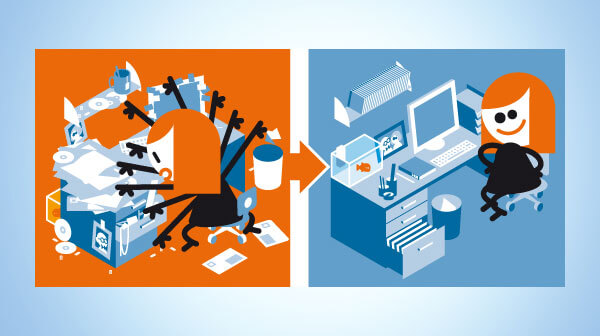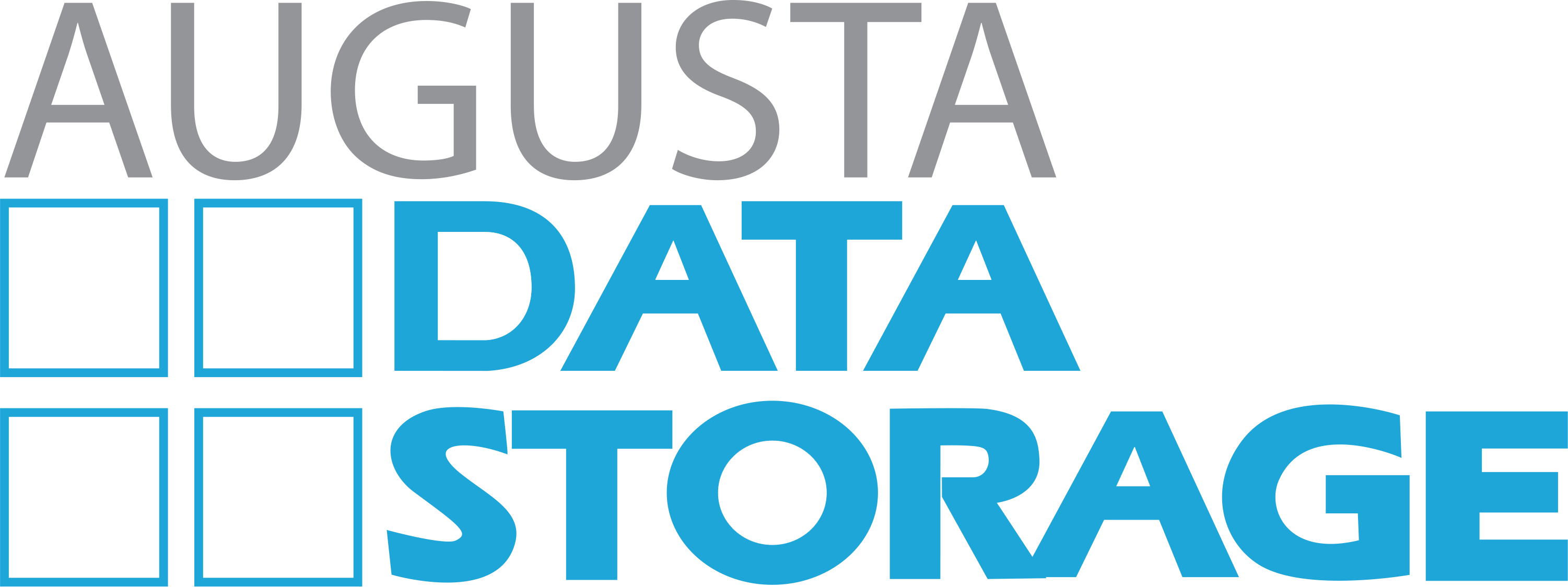5 Ways to Increase HIPPA Compliance in Your Office
The end of the year is a great time to look back over the past several months and find new ways to improve your processes and practices to ensure higher quality, service, and even security in the new year. If your business handles proprietary information on a regular basis, you know that the threat of information theft continues to rise. Throughout the year HIPPA has made many updates to it’s standards for best practices and compliance when it comes to managing personal information. If you are in the process of planning ahead for the 2017 business year, here are a few office maintenance tips that can help make your business more compliant in the new year.

- Implement a Clean Desk Policy: A Clean desk policy might seem tedious at first, but there are a lot of benefits, the primary one being information security. A “clean desk policy” would mean keeping paper clutter filed away which prevents wandering eyes and lost papers from turning into a security breech.
- Invest in Secure Shred Bins for Your Office: Simply having recycling and waste bins does not provide a secure disposal for your office waste. Secure shred bins are locked containers where employees can deposit information for secure shredding, to ensure that it is not lost or stolen out of an open container by any of the number of people who may pass through your office in a given day.
- Develop a well-thought out information retention policy: If you don’t already have one, an information retention policy should be on the top of your to-do list for the new year, and if you do have one, make sure you are reviewing and updating it regularly to maintain the highest levels of protection for your information. A good retention policy will outline what happens to your records (both paper and digital) during every stop of the document life cycle. It also identifies who is responsible for managing each step, what should happen during each step, what happens if the procedures aren’t followed, and what your organizations protocol is, in the event of a security breech.
- Stay Educated: As information security risks grow and threat of hacks increase, the laws and regulations regarding the safety of person information will evolve to address these risks. Staying up to date on the rules and suggestions for compliance will go a long way in ensuring that you stay ahead of potential problems and are able to create effective plans to help secure the information you manage
- Create security barriers for your digital assets: When it comes to digital assets, there are so many ways that information hackers can intercept your information. Some simple steps you can take to protect your organization include unique user IDs and passwords for any accounts that may manage information, no sharing of userIDs, ensuring that you log off of all programs and computers when they are not in use and ensuring that you are creating strong passwords for all accounts (you can find password tips here).
For more tips and tricks about keeping your organization compliant, check out the HIPPA Journal’s compliance checklist.
